Keywords: Gay
There are more than 200 results, only the first 200 are displayed here.
-

ARTS AND CULTURE
- Tim Kroenert
- 19 August 2016
6 Comments
The film's quiet humour leaves open many spaces for reflection on getting older, and on mortality. Tomas is uncomfortable with the subject of death, but Julian is determined to confront it with honesty and dignity. His activities during those four short days reveal he possesses a well formed conception of his own humanity and mortality that is not short of admirable. We are as sympathetic to Paula raging against her cousin's resignation, as we are to Tomas' growing acceptance.
READ MORE 
-

RELIGION
- Andrew Hamilton
- 17 August 2016
11 Comments
Years ago someone defined repartee as, 'I say to you, "You're a bloody idiot", and you say back to me, "No, you're the bloody idiot".' It was then intended as a joke. Today it seems an accurate description of much public exchange, which is adversarial, leaves no room for qualification, and condemns anyone who does not endorse right-minded opinion. The most spectacular current instance of this is to be seen in the way in which those attracted to the cause of Trump or Clinton speak of their antagonists.
READ MORE 
-

INTERNATIONAL
- Fatima Measham
- 15 June 2016
45 Comments
At the epicentre of all this is a place where young, queer men and women had felt safe and free to be themselves. The dead are almost all black, brown, gay and working class. If, as Dr Cornel West has often said, justice is what love looks like in public, then injustice must be what hate looks like, and there is perhaps no greater injustice than murder. Mass murder is hatred realised in full grotesque proportion. This means is that the little things we do to validate hatred are not inconsequential.
READ MORE 
-
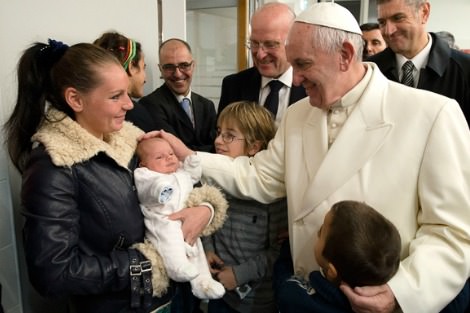
RELIGION
- Andrew Hamilton
- 12 April 2016
10 Comments
By the standards of papal documents Amoris Laetitia is a baggy elephant. Many in the developed world hoped the document would break new ground in allowing communion to the divorced and adopting new attitudes to gay marriage and gender issues. They will be disappointed that it works within traditional definitions of marriage, gender and discipline. But Francis' insistence on going out to people where they are with full respect for who they are demands an even more radical change of heart.
READ MORE 
-

AUSTRALIA
- Ellena Savage
- 18 March 2016
24 Comments
'Coming out' is a gesture specifically, politically required of queer people but not of straight people. Another statement demanded of queer people is that they are injured and traumatised by the fact of their sexuality or gender. But why call on individuals to testify when the statistics are heartbreaking enough? This demand on queers to continually deliver narratives of oppression limits their social roles, and even invalidates their voices on matters other than their sexualities and genders.
READ MORE 
-

ARTS AND CULTURE
- Peta Edmonds
- 08 March 2016
7 Comments
I've run out of dope. This is my last ever toke of synthetic pot, I hope. There's synthetic people, but my heart drops like a coin into a homeless man's hat. The eternal night isn't very maternal. Of all those people sleeping on a concrete mattress under a black sky doona ... The homeless have faces like empty spaces. No solution to their heads in the pollution, and their feet in the gutter. The poor gather on the banks of the flowing street. The rain hits the roof in pain.
READ MORE 
-
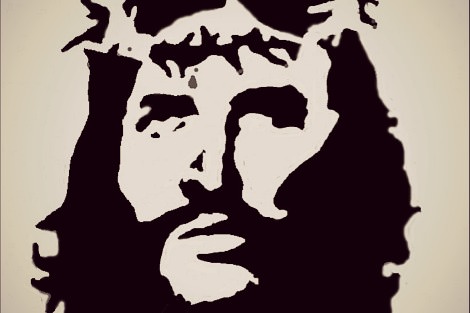
RELIGION
- Andrew Hamilton
- 25 February 2016
23 Comments
Liberation theology was once caricatured as Marxism with a Christian tinge, or the Bible plus Kalashnikov. In fact, thinkers identified with the movement were involved in a serious theological exploration. In public conversation in Australia the theological questions ut it raised are of marginal significance. But secular variants abound in which society is analysed in terms of the discrimination suffered by various minority groups at the hands of the majority or of those with power.
READ MORE 
-
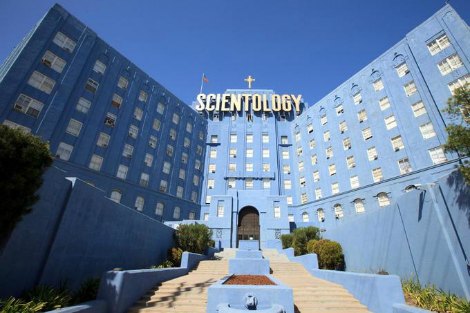
ARTS AND CULTURE
- Tim Kroenert
- 14 January 2016
If you're going to apply a blowtorch to an institution as wealthy and litigious as the Church of Scientology, you might best be advised to first apply a magnifying glass. Alex Gibney details the dark side of the movement: its dubious tax-exempt status; allegations of psychological and physical abuse of current members and harassment of former members. But he is equally interested in unpacking the nature of belief in Scientology: what draws people to it, and also what drives them away.
READ MORE 
-
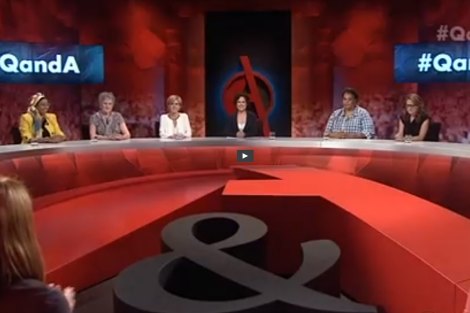
MEDIA
- Moira Rayner
- 13 January 2016
5 Comments
Annabel Crabb chaired it all really well, but the next day I realised that not only our Foreign Minister, but not one panelist, got one question about their extraordinary achievements. Bishop was managing partner of a big law firm. She has unique experiences and must have views on the world's problems and their impact on Australia. But nobody asked.
READ MORE 
-
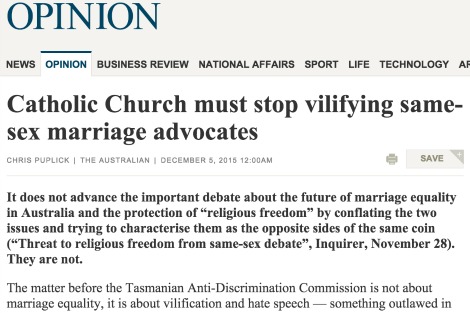
RELIGION
- Frank Brennan
- 11 December 2015
39 Comments
Chris Puplick, a former senator and former president of the NSW Anti-Discrimination Board, is one of a rising chorus expressing strong objections to the Australian Catholic bishops daring to evangelise and speak publicly about their views on same sex marriage. I too would be very upset if my bishops were saying, as Puplick claimed in an opinion piece in The Australian, that homosexuals are 'seriously depraved, intrinsically disordered, less than whole and messing with kids'. But they're not.
READ MORE 
-

AUSTRALIA
- Frank Brennan
- 10 December 2015
I first met this Tony on my regular visits here to Darwin when he was working at the North Australian Aboriginal Legal Aid Service and then when he set up the mediation services under the auspices of Anglicare. In later years I knew him when he was your Anti-Discrimination Commissioner. He was a quiet, considered, gentle, strong and principled man. On Human Rights Day, it is only fitting that I honour Tony by offering some reflections on the architecture for human rights in Australia, on the contemporary human rights controversies, and on the way forward for better protection of the human rights of Aborigines and asylum seekers, two marginalised groups who had a special claim on Tony's sympathies.
READ MORE
-

AUSTRALIA
- John Warhurst
- 01 December 2015
9 Comments
Historically, it was Labor that was dogged by splits and ideologues, while the Liberals were perceived as practical. But the ideological chasm between Abbott and Turnbull suggests the Liberals are now a broader church than Labor. The party's ideological and factional conflict will continue unabated as the government contemplates the two big public debates of its next term: a referendum on constitutional recognition of Aborigines and Torres Strait Islanders and a plebiscite on same sex marriage.
READ MORE 